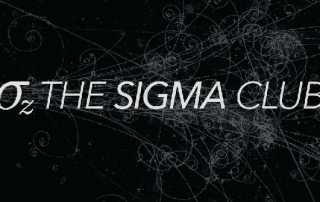Margherita Harris (LSE): “Model Robustness: Schupbach’s Explanatory Account of Robustness Analysis to the Rescue?”
Margherita Harris (LSE): “Model Robustness: Schupbach’s Explanatory Account of Robustness Analysis to the Rescue?”
In science, obtaining a “robust” result is often seen as providing further support for a hypothesis. The Bayesian should have something to say about the logic underpinning this method of confirmation. Schupbach’s recent explanatory account (2018) of robustness analysis (RA) is a welcome attempt […]



Connect with us
Facebook
Twitter
Youtube
Flickr